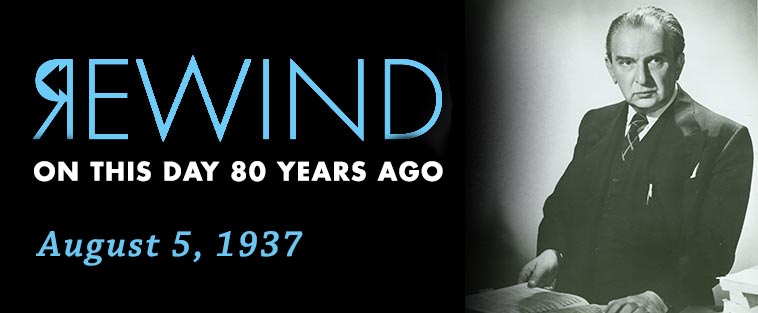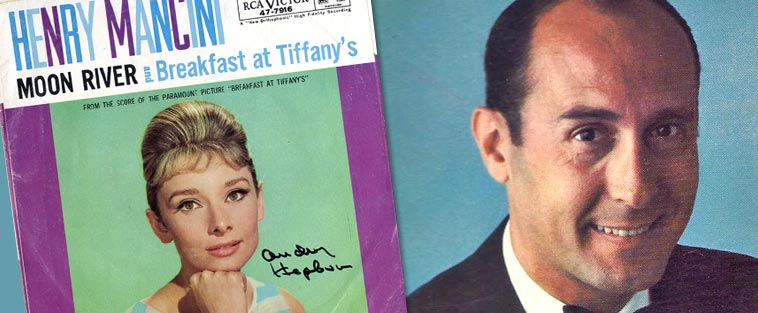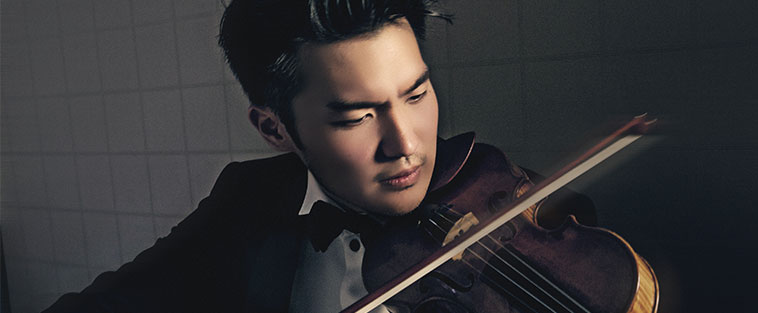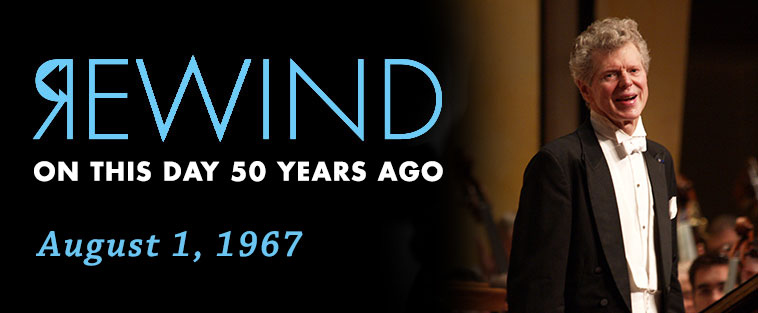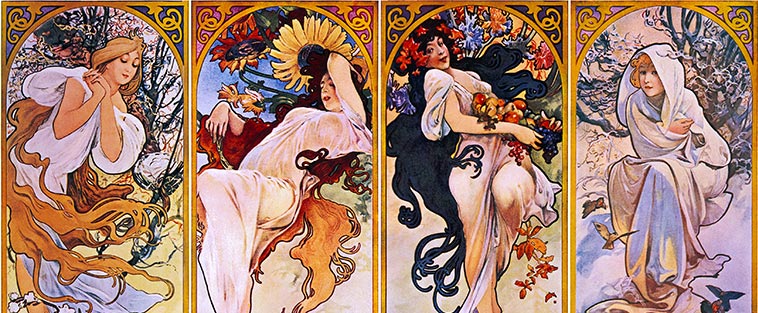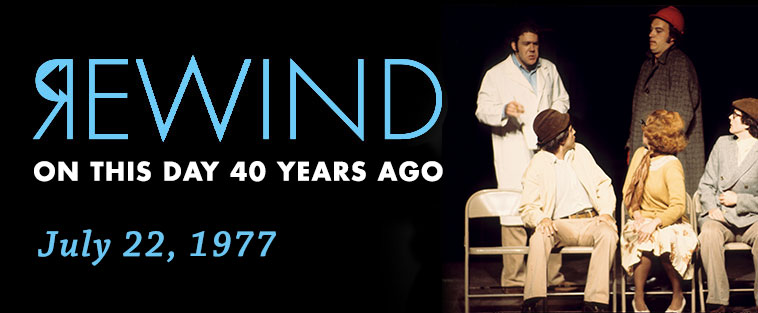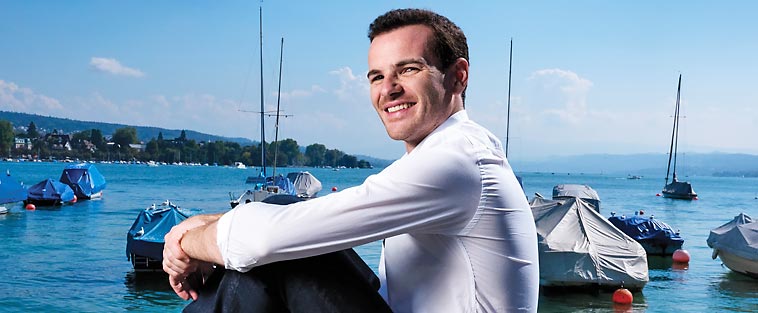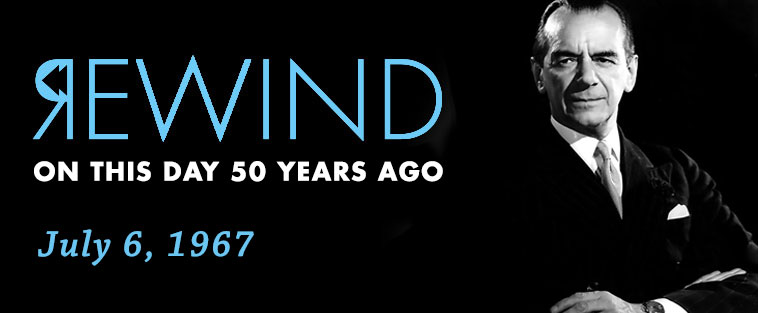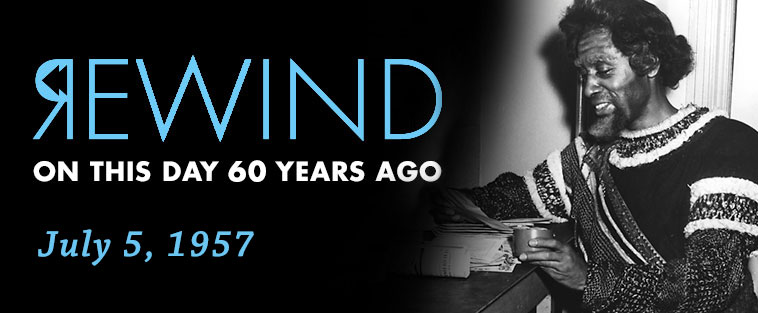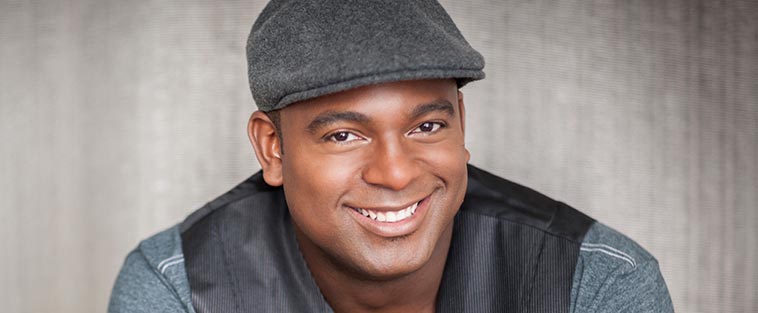
If there’s one thing you really need to know about Andrew Bird, it’s that he’s always whistled, from as far back as he can remember. Perhaps he picked it up from his grandmother, whom he recalls doing the same thing. “I’m pretty much always whistling,” he says.
To be sure, reducing any artist to only one skill (or one passion or, heaven forbid, one gimmick) is unfair. It’s a particularly egregious sin when discussing a musician as smart and complex as Bird. A Chicago native and musical polyglot, he plays multiple instruments—his signature violin, plus guitar, mandolin, and glockenspiel—and he’s also well-versed in a wide range of genres, from classical to jazz, folk to pop, not unlike Ravinia, where he will play for the first time on July 23.
